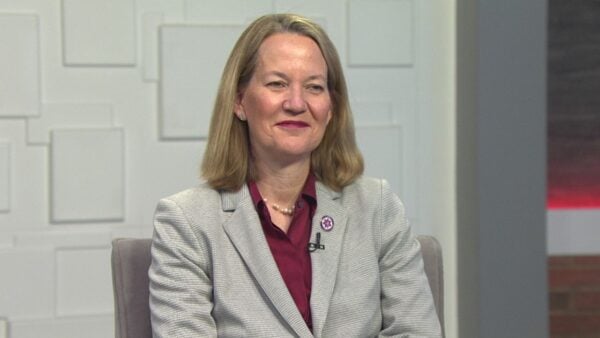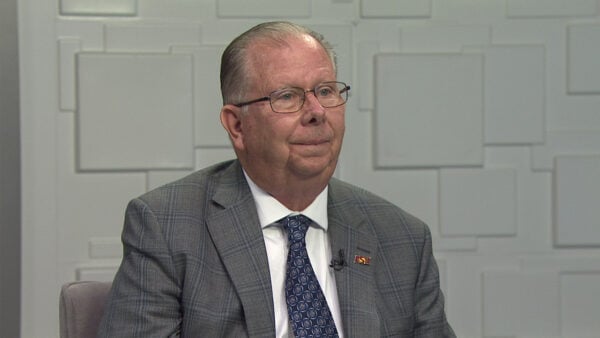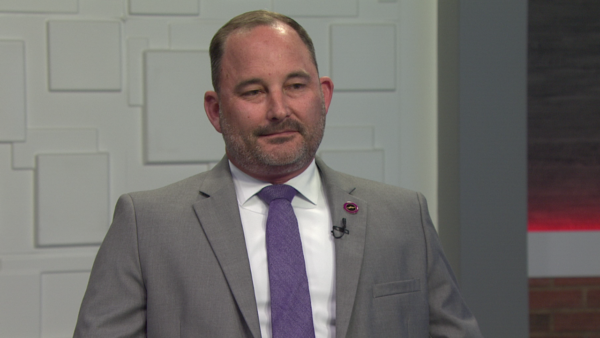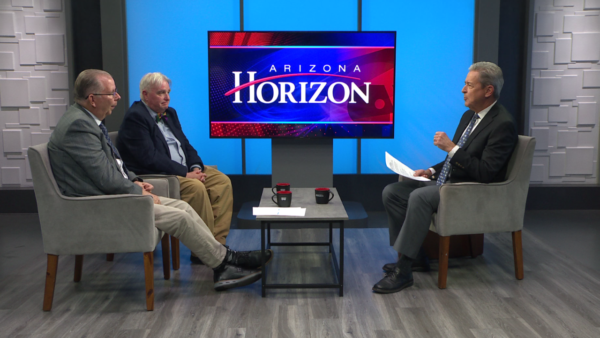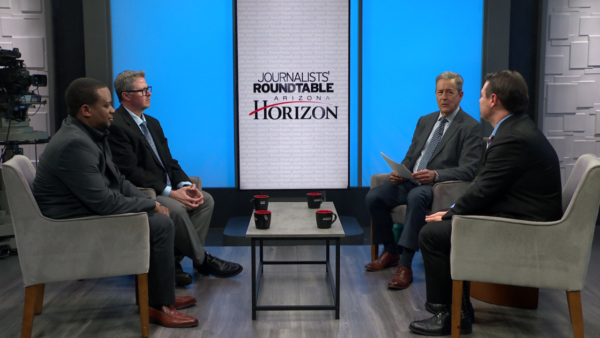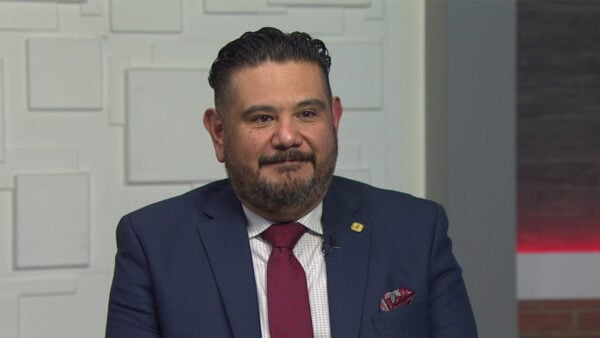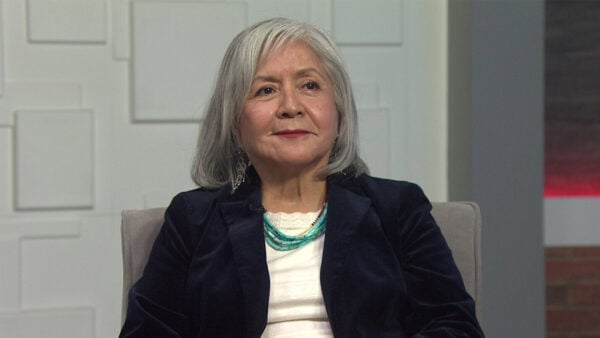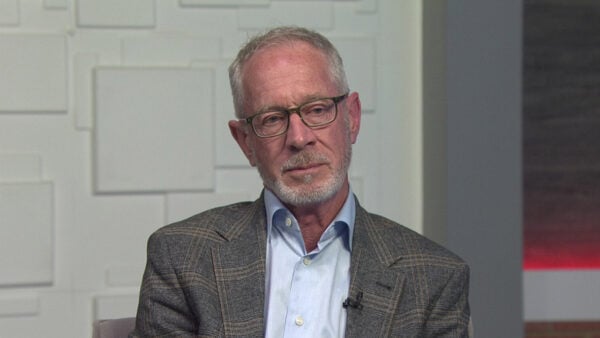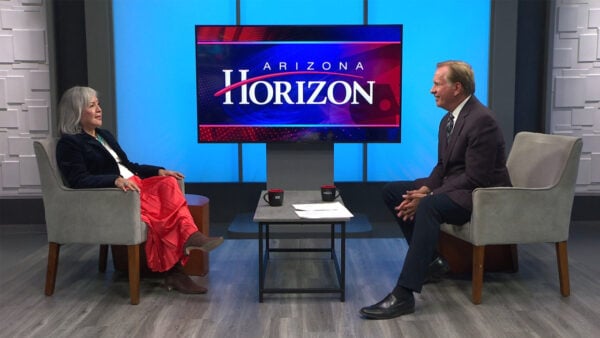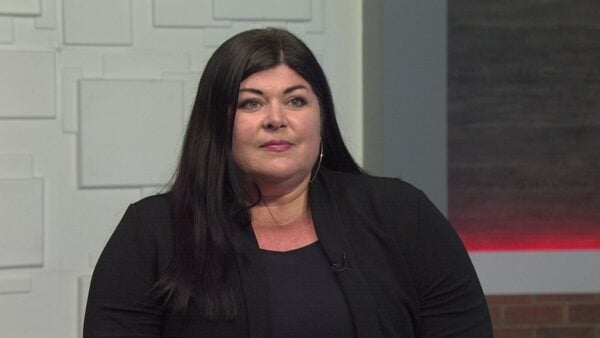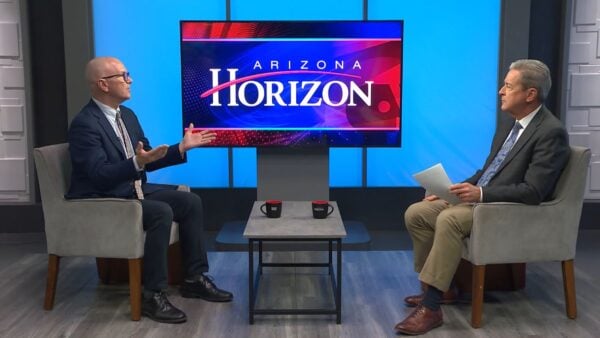Battle over Colorado River amid shrinking water levels
Feb. 6, 2023
A crisis nearly 100 years in the making: Seven states — all reliant on a single mighty river as a vital source of water — failed to reach an agreement last week on how best to reduce their use of supplies from the rapidly shrinking Colorado River. Six of the seven states reached an agreement. However, California refused and said it wants to enforce a law giving it first dibs on the river’s water supply. Tom Buschatzke, Director of the AZ Department of Water Resources joins Ted to discuss this issue.
“I think what California proposed is less than… significant in terms of the volumes of water that they are proposing to cut,” said Buschatzke. “A lot of their plan pushes the biggest burden onto the state of Arizona.”
If the seven states cannot reach an agreement, the federal government will step in. It is unclear which plan they would endorse: the six state’s agreement or California’s. However, as Buschatzke points out, the federal government is expected to create an alternative plan for water management.
“The federal government can still look at California’s plan, they can look at our plan; they can determine how well they perform, and they can look at the impacts that they’re required to look at in their environmental process,” Buschatzke said. “Potentially they can do their own alternative, their own plan, which we expect.”
Arizona senators Kyrsten Sinema and Mark Kelly both argue that California has not done enough to help conserve water. Buschatzke agrees with the sentiment.
“By the end of 2023, Arizona will have kept about a million and a half acre feet in Lake Mead, with California only doing a few hundred thousand acre feet,” said Buschatzke.





